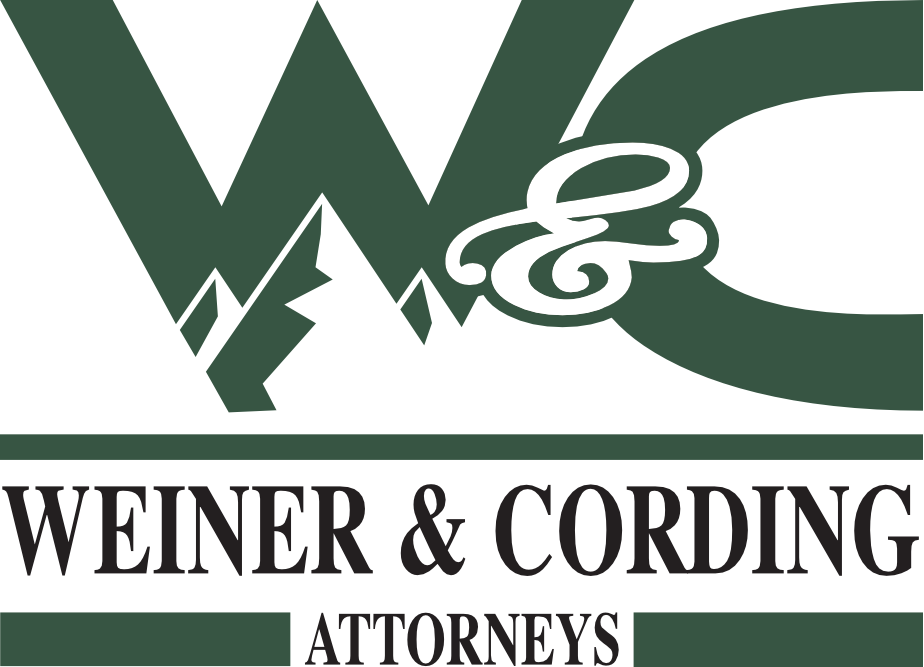Calling an attorney can be expensive. Sometimes, not calling an attorney can be even more expensive. As a small business owner, it is important to recognize when you need an attorney. This can be especially difficult when you are not involved in a dispute, but you may instead need an attorney for small business counsel or transaction assistance.
Generally, consider speaking to an attorney whenever you are engaging in–or you are about to engage in–activities outside your “business as usual.” Examples of this include a change in the products or services you provide, or a change in how you do business. For instance, you may be moving into a new industry, or hiring your first contractors. You should talk to an attorney about new regulatory and liability concerns. Once you identify activities that are outside your general day-to-day business, the sooner you speak to an attorney, the better.
Many contracts are also outside your “business as usual.” Consider consulting an attorney whenever you are drafting and/or signing documents that have serious consequences for your business, including monetary consequences, increased business liability risk, personal guaranties/personal liability risk, and extended time commitments. Contracts with such serious consequences include, but are not limited to:
- Boilerplate contracts (these are contracts you use repeatedly in the operation of your business with multiple parties, so it’s a good idea to ask an attorney to review them periodically);
- Long-term leases for property or equipment (BEWARE point-of-sale system leases!);
- High-volume and/or extraordinary customer contracts;
- Confidentiality and trade secret agreements; and
- Asset sales and ownership transfers.
The law is always changing. We cannot guarantee that the information provided herein is current and accurate. Every situation is different. Do not refrain from seeking legal advice from a lawyer because of anything contained in this blog. Consult an attorney for individual legal advice regarding your own situation.
